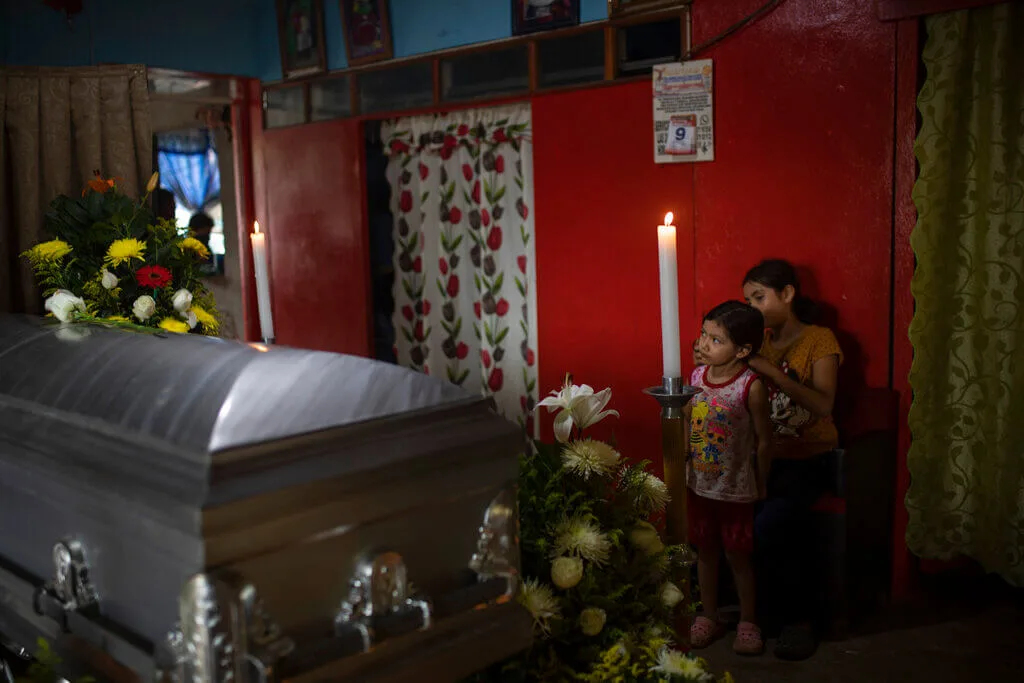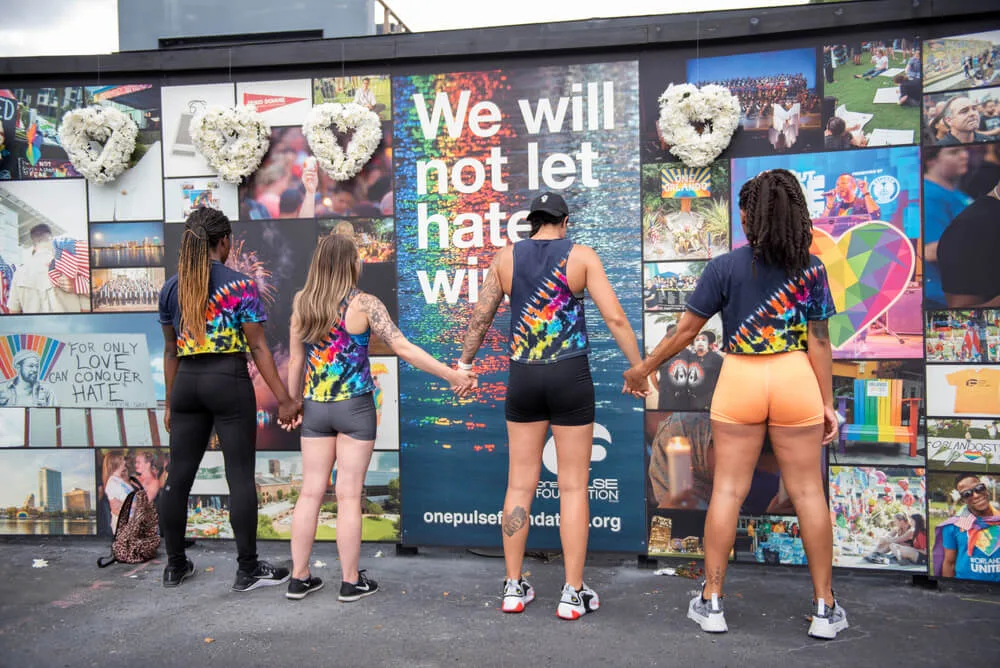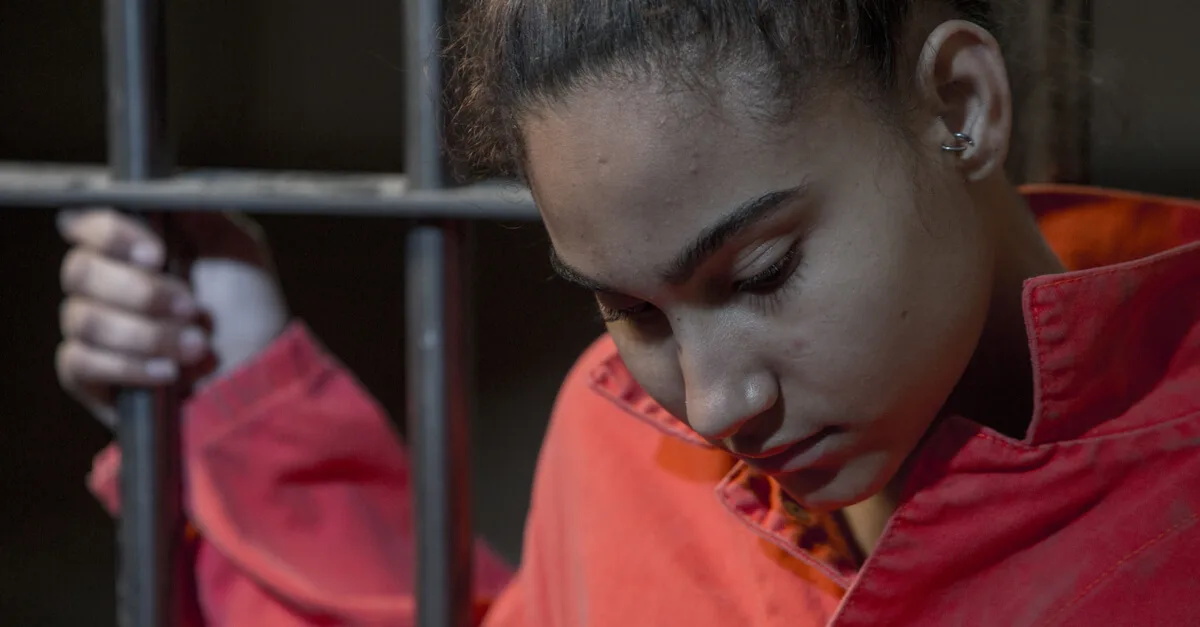
AP Photo/Felix Marquez
Even journalists who do not report on drug-trafficking—and especially women—have been victims of violence and intimidation in Mexico.
In the early morning hours of Nov. 9, 31-year-old Mexican journalist Israel Vázquez Rangel from the news outlet El Salmantino jumped into his Nissan sedan to report on what would become his last story.
According to an article from the Los Angeles Times, the crime beat reporter was shot at least five times after approaching a grisly crime scene in the state of Guanajuato.
Vázquez’s passing marked yet another colleague’s death in the already-shaken Mexican journalist community.
His death was labeled as “dangerous assignment” by the nonprofit Committee to Protect Journalists (CPJ), which keeps a database of journalists killed and murdered around the world.
According to data from the CPJ, 36 journalists have been killed in Mexico in the last decade.
“Collusion between officials and organized crime poses a grave threat to journalists’ safety and cripples the judicial system at all levels. As a result, Mexico is sinking ever deeper into a spiral of violence and impunity and continues to be Latin America’s most dangerous country for reporters,” the organization Reporters Without Borders states on its data page for Mexico.
This year alone, the LA Times estimates at least eight journalists have been killed in the country—a running tally journalists like Wendy Selene Pérez keep in the back of their minds.
There Is No Safe Beat
Pérez, an award-winning Mexican freelance journalist and editor who is currently living in Texas, said journalists in Mexico are being killed regardless of what beats they cover and that there might be even more deaths than what the CPJ has tallied.
She estimates more journalists may have been killed or are missing than what CPJ or other organizations report because some do not classify the deaths or kidnappings of comunicadores—local community radio broadcasters mostly based in rural areas of the country—as working journalists.
The organization Reporteras en Guardia (Reporters on Guard) does count the deaths of comunicadores in their stats and have established a memorial online titled Matar a Nadie (Kill Nobody), which focuses on female journalists in particular.
“There are journalists who in fact have reported nothing on drug trafficking or politics, and they have been murdered. Many political journalists have been killed. Israel [Vázquez] was killed and he covered everything and more,” Pérez told The Americano. “The gag is too much. You can’t speak about almost anything in some regions.”
RELATED: Mexicans in the US Sent Billions to Mexico Despite COVID-19 Vulnerability
Pérez, who has worked for news outlets in Mexico City, Puerto Vallarta, Guadalajara, and currently freelances covering all of Mexico, added although journalists must be wary throughout the country, those working in certain regions have to be even more on guard.
“Mexico lives in a situation of massive violence at a national level. There is much stronger violence in certain regions of the country, which is marked by the disappearance and death of journalists,” Pérez said.
Among the most impacted regions where crime is rampant and journalists are murdered are the coastal state of Veracruz and the northeastern state of Tamaulipas. This year, Julio Valdivia, a reporter from Córdoba’s Diario El Mundo in Veracruz was beheaded and his body parts were dumped on train tracks.
“In Tamaulipas, there have been murders and disappearances. You can’t report on anything. They have you tapped. […] It’s the same in Veracruz. It’s a systemization of murders and kidnappings of journalists,” Pérez said.
RELATED: Being a Street Vendor Is Becoming a Dangerous Job for Latinos Across the Country
For journalists in the capital, they continue to live their day-to-day life, but with a lot of caution.
Venezuelan freelance journalist María José Martínez has been living in Mexico City for a year and said besides fearing for their own safety, journalist also have to battle the toll of reporting on tough subjects, as well as microaggression on social media.
The Work Is Even More Dangerous for Women
“The work of journalism is very risky and dangerous for men and women. Already journalism is a risk, but in Mexico, it’s double and being a woman is a triple risk,” Martínez told The Americano.
She is currently part of a course in Mexico that is providing resources and teaching women journalists, politicians, and activists how to identify microaggression in their line of work, including attacks and unwanted advances on social media.
“Thankfully I have not lived it, but women have gotten machista comments or comments from men. Unfortunately, it happens,” Martínez said. “They are preparing us [to know] how to react and what to do [because] this organization has seen a rise in violence against women.”
Pérez also mentioned an instance when she was reporting and felt intimidated because she was a woman.
READ MORE: Women Are Disappearing in Puerto Rico. Activists Are Calling for a State of Emergency.
During an business profile on Mexican construction magnate and tycoon Juan Armando Hinojosa Cantú, Pérez said she sat down to interview a politician affiliated with Cantú in Mexico across the border from McAllen, Texas, and instead was met with the politician and two additional men from the other two major political parties in Mexico.
They asked her to confirm she was not recording on her phone and even asked if her earrings were used as recording devices.
Pérez said some powerful politicians and entrepreneurs are behind the stories that cause journalists to fear for their lives and their families’ lives, with some journalists fleeing their country and going into exile.
“It’s almost impossible to report on difficult issues because they end up kidnapping or killing you,” Pérez said.
Journalism is certainly a calling and in Mexico, brave journalists are risking up to their lives to continue telling the stories of the voiceless and the oppressed.
Politics

Teamsters and UPS Reach Tentative Deal to Avoid Strike, 340,000 Workers to Get Raises
The tentative deal represents a huge win for full- and part-time UPS Teamster workers, who would get significant pay raises and better working...



One Republican Senator Is Blocking 265 Military Promotions, Leaving the Marines Without a Confirmed Leader
Sen. Tommy Tuberville's decision means these military officers are not getting the pay raises they’re owed, cannot move their families to wherever...
Local News



Teamsters and UPS Reach Tentative Deal to Avoid Strike, 340,000 Workers to Get Raises
The tentative deal represents a huge win for full- and part-time UPS Teamster workers, who would get significant pay raises and better working...



One Republican Senator Is Blocking 265 Military Promotions, Leaving the Marines Without a Confirmed Leader
Sen. Tommy Tuberville's decision means these military officers are not getting the pay raises they’re owed, cannot move their families to wherever...




